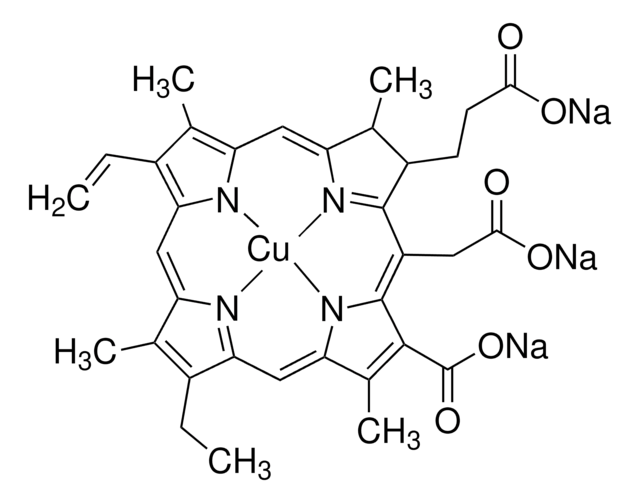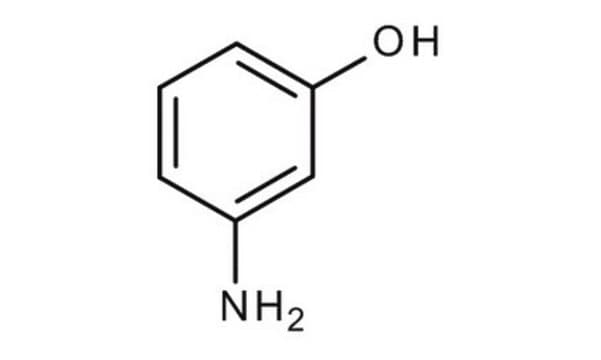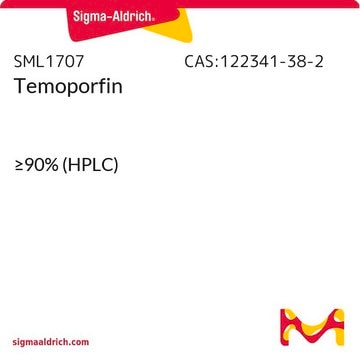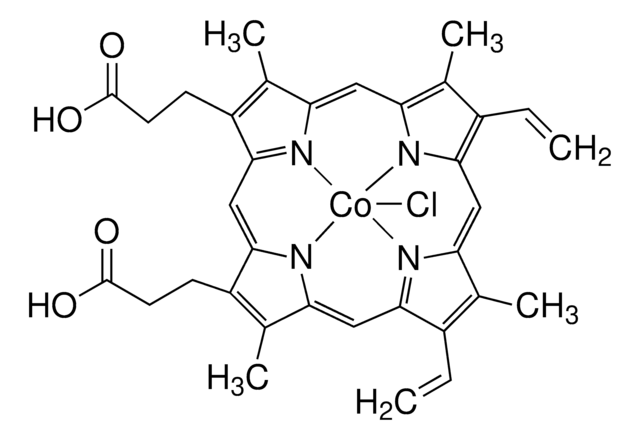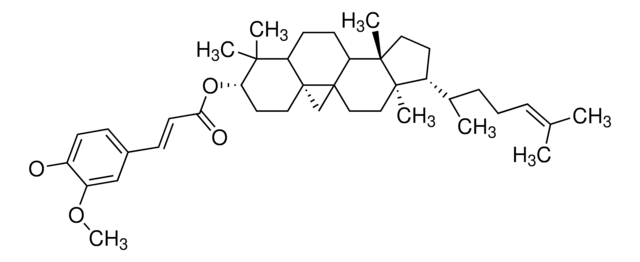C6003
Chlorophyllin sodium copper salt
commercial grade, powder
Synonym(s):
Chlorophyllin, coppered trisodium salt
About This Item
Recommended Products
Product Name
Chlorophyllin sodium copper salt, commercial grade
grade
commercial grade
Quality Level
form
powder
technique(s)
microbe id | staining: suitable
color
black
green to very dark green
solubility
H2O: 100 mg/mL, dark green
application(s)
diagnostic assay manufacturing
hematology
histology
storage temp.
2-8°C
SMILES string
[Na+].[Na+].[Na+].CCc1c(C)c2cc3c(C=C)c(C)c4cc5nc(C(CCC([O-])=O)C5C)c(CC([O-])=O)c6c(C([O-])=O)c(C)c(cc1n2)n6[Cu]n34
InChI
1S/C34H36N4O6.Cu.3Na/c1-7-19-15(3)23-12-25-17(5)21(9-10-29(39)40)32(37-25)22(11-30(41)42)33-31(34(43)44)18(6)26(38-33)14-28-20(8-2)16(4)24(36-28)13-27(19)35-23;;;;/h7,12-14,17,21H,1,8-11H2,2-6H3,(H5,35,36,37,38,39,40,41,42,43,44);;;;/q;+2;3*+1/p-5
InChI key
HWDGVJUIHRPKFR-UHFFFAOYSA-I
Looking for similar products? Visit Product Comparison Guide
Application
Biochem/physiol Actions
Storage Class Code
11 - Combustible Solids
WGK
WGK 2
Flash Point(F)
Not applicable
Flash Point(C)
Not applicable
Personal Protective Equipment
Choose from one of the most recent versions:
Already Own This Product?
Find documentation for the products that you have recently purchased in the Document Library.
Customers Also Viewed
Our team of scientists has experience in all areas of research including Life Science, Material Science, Chemical Synthesis, Chromatography, Analytical and many others.
Contact Technical Service